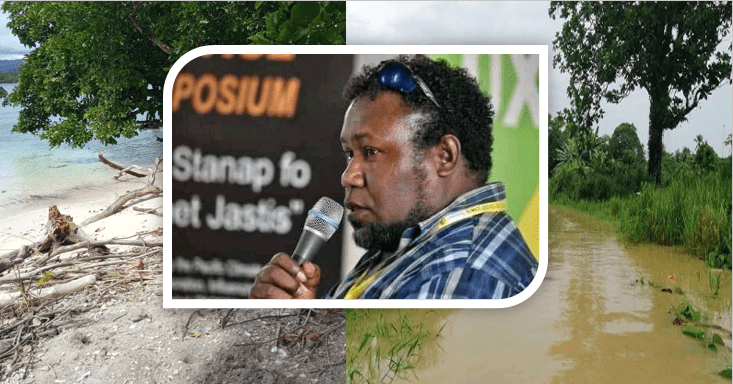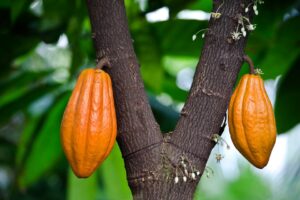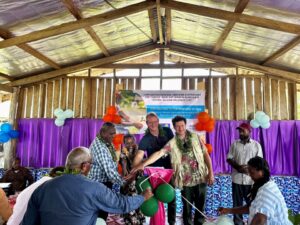BY JOHN HOUANIHAU
CLIMATE change is projected to be the greatest threat to biodiversity in the Solomon Islands, according to Solomon Island Rangers General Secretary.
Eddie Huitarau said predictions of future changes in climate in the country include coastal erosions, fish poisoning due to increasing temperatures, increasingly severe droughts, rising sea levels, possible decreasing rainfall, flooding, and reduced water availability.
“Solomon Islands has experienced cycles of climate change in the past, but the current changes are more serious due to the rate of change in atmospheric greenhouse gas levels and temperatures, and because ecosystems are already stressed by other human impacts.
“The work of rangers in terms of conservation of our local natural biodiversity will face a real serious challenge,” he told attendees at the recent week-long climate justice and symposium event held in Honiara.
He said the most vulnerable ecosystems include coastal ecosystems, rainforests, fragmented terrestrial ecosystems, and areas vulnerable to sea-level rise.
“Species that could become endangered or extinct include those living near the coastal reefs and in the high forest areas; since they cannot migrate to new habitats due to habitat fragmentation or lack of alternatives.
“Biodiversity is a cycle in which we depend on each other. If one species in the cycle is removed due to Climate Change then not only that particular species is a loss but the new disease will also develop. So when this cycle is damaged it incurs another challenge. E.g. fish poisoning due to lack of natural filter.
“Breeding and Nesting ground for endangered species like a turtle can be damaged due to coastal erosion reducing their chances for population recovery,” he added.
Solomon Islands Rangers is a Non-Governmental Organisation (NGOs) responsible for promoting and developing the capacity of the local rangers and promoting, establishing, and managing Locally Managed Conservation Areas (LMCA’s) in the Solomon Islands.
He said that loss of traditional knowledge associated with biodiversity due to Climate change, for example, the sounds made by fantail birds are traditionally known to predict weather, whilst the flying fox (Golden Yellow) in Ontong Java which an endemic species is at risk of extinction due to Climate change…remaining trees used as their habitat is slowly eroded.
He said that Climate change is having serious impacts on the world’s water systems through more flooding and droughts. Warmer air can hold a higher water content, which makes rainfall patterns more extreme.
“Extremes of drought and flooding will become more common, causing displacement and destruction to a lot of freshwater species.
“Mangrove Forest absorb carbon dioxide 10 times more than the tropical rain forest. This means that mangrove has more blue carbon content than rain forest keep balance in the air. The highest contributor towards clean air in the Solomon Islands, for this reason, we can be able to drink from rainwater. Not only that but, If mangroves are removed mud crab and nursery ground are also gone.
“Finally, Oceans are vital ‘carbon sinks’, they absorb huge amounts of carbon dioxide, preventing it from reaching the upper atmosphere. Increased water temperatures and higher carbon dioxide concentrations than normal make oceans more acidic, are already having an impact on oceans. It was noticed at Kwai Island in East Malaita that few fish are surrounding the island. This is likely due to coral bleaching that has occurred – due to warmer temperatures,” he said.
However, Huitarau said that based on plans of action – they have formulated policies from carried out researches and findings that are realistic and reflect our local environmental settings.
“Our research findings hopes to influence government policies and decision makers in the country, for example, we want to introduce Climate Change subjects in primary and secondary science syllabus by using real life scenarios or examples in classrooms.
“Addressing the impacts of climate change on biodiversity will require a long-term effort and new ways of thinking. To help species and ecosystems cope with climate change,” he said.




